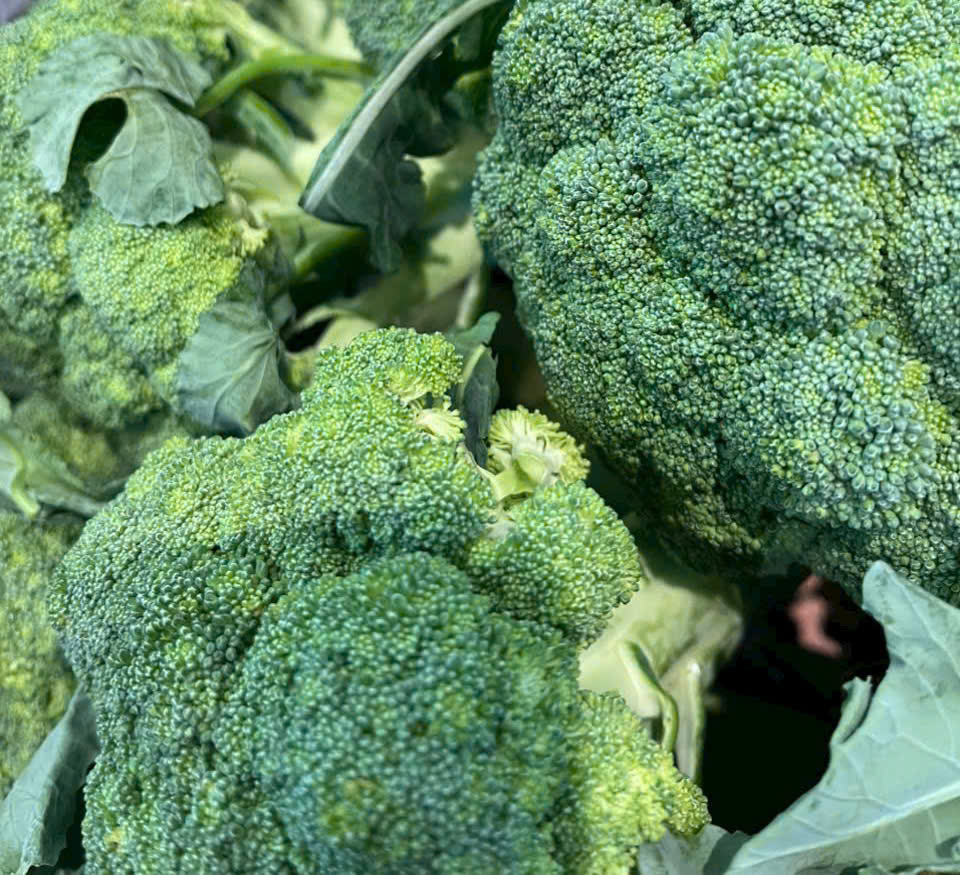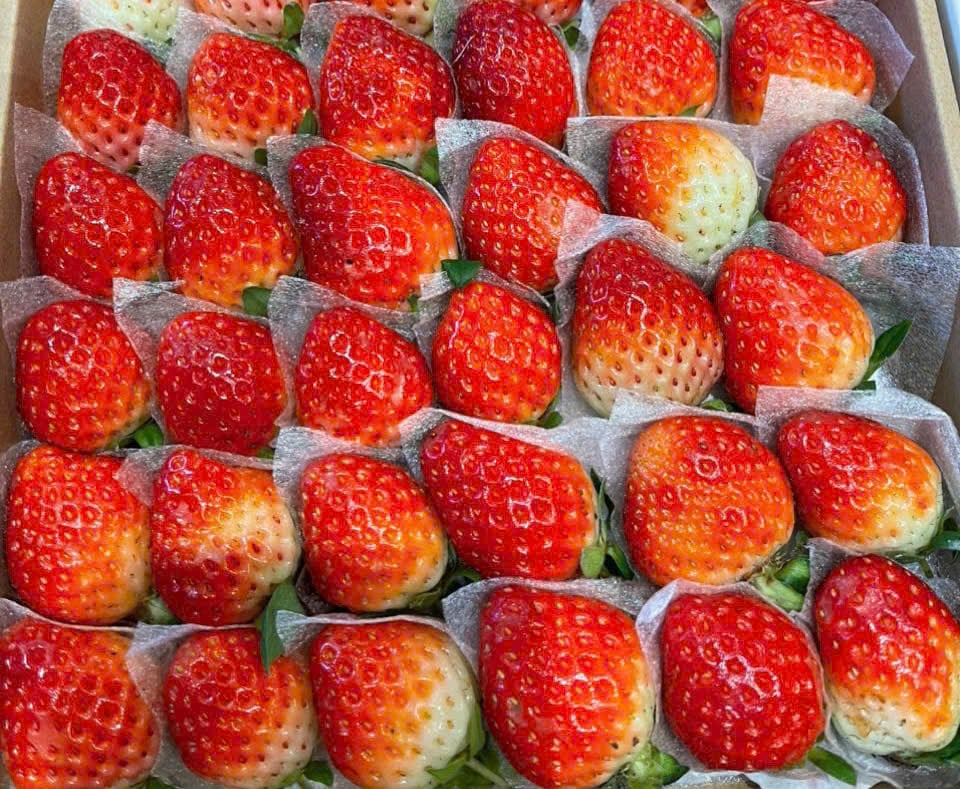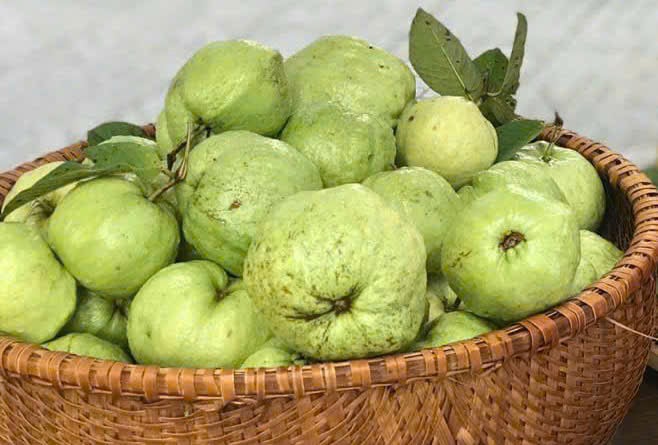Vitamin C is an essential nutrient that plays an important role in boosting the immune system, acting as an antioxidant, and supporting many other important functions of the body.
According to Dr. Chu Thi Dung (Ho Chi Minh City University of Medicine and Pharmacy Hospital, Campus 3), vitamin C deficiency can lead to many health problems such as fatigue, physical weakness, easy bleeding gums, gingivitis, slow wound healing, easy bruising, dry, peeling skin, early wrinkles, weakened immune system, easy to catch colds, infections, joint pain, swelling due to collagen deficiency...
Oranges and lemons are two familiar fruits, known for their high vitamin C content and many health benefits. A medium-sized orange provides about 70 - 90 mg of vitamin C, almost fully meeting the daily needs of adults (75 - 90 mg/day). Lemons contain about 30 - 53 mg of vitamin C per fruit, lower than oranges but still a good source.

Half a cup of cooked broccoli (about 78 grams) contains about 51 mg of vitamin C.
Photo: Cat Anh
"Vitamin C in oranges and lemons helps protect cells from free radical damage, boosts collagen production, aids in iron absorption, and improves skin health. If you're looking for more "superior" sources of vitamin C, there are many other attractive options," said Dr. Dung.
According to Dr. Dung's advice, those options include:
Red bell peppers : One of the foods richest in vitamin C. About 75 grams of red bell peppers provide 95 mg of vitamin C, almost twice as much as oranges. An average bell pepper weighs about 150 grams. Green and yellow bell peppers are also high in vitamin C.
Guava : A "treasure" of vitamin C. 100 grams of guava contains about 228 mg of vitamin C, many times more than oranges. An average guava can provide from 73 - 247 mg of vitamin C.
Kiwi : Don't let the kiwi's small size fool you, as it's an incredible source of vitamin C. One medium kiwi contains about 70 mg of vitamin C. Kiwis are also rich in fiber, potassium, and antioxidants.

Strawberry
Photo: Cat Anh
Strawberries : One cup of strawberries (about 152 grams) contains 89 mg of vitamin C, more vitamin C than an average orange.
Papaya : Contains a large amount of vitamin C and many enzymes that are beneficial for digestion. One cup of papaya (about 145 grams) provides 87 mg of vitamin C.
Broccoli : Half a cup of cooked broccoli (about 78 grams) contains about 51 mg of vitamin C. Broccoli also provides lots of fiber and antioxidants.

100 grams of guava contains about 228 mg of vitamin C, many times more than oranges.
Photo: Cat Anh
NOTES ON STORAGE AND PROCESSING
According to Dr. Dung, vitamin C is easily lost during processing and storage, so it is important to limit high temperatures, steaming or stir-frying is better than boiling or frying. Avoid contact with water for too long, do not soak or cook food in water for too long. Vegetables and fruits should be stored in the refrigerator to maintain freshness and nutrients. Eat vegetables and fruits immediately after processing to maximize vitamin C.
"Vitamin C plays an important role in strengthening the immune system and protecting overall health. However, each person has different vitamin C needs depending on age, gender and health status. Therefore, to know the exact amount of vitamin C needed as well as how to supplement it properly, you should consult a nutritionist. They will help you build a balanced, optimal diet for your health," Dr. Dung advised.
Dr. Chu Thi Dung noted that although vitamin C is very important for the body, consuming too much can cause problems such as:
- Digestive disorders: Consuming more than 2,000 mg/day can cause diarrhea and nausea.
- Kidney stones: Excess vitamin C can be converted to oxalate, increasing the risk of kidney stones.
- Impedes the absorption of certain minerals such as copper and zinc.
Source: https://thanhnien.vn/diem-danh-thuc-pham-giup-bo-sung-vitamin-c-185250410183643181.htm







![[Photo] Prime Minister Pham Minh Chinh receives Mr. Jefferey Perlman, CEO of Warburg Pincus Group (USA)](https://vstatic.vietnam.vn/vietnam/resource/IMAGE/2025/4/18/c37781eeb50342f09d8fe6841db2426c)


















































































Comment (0)